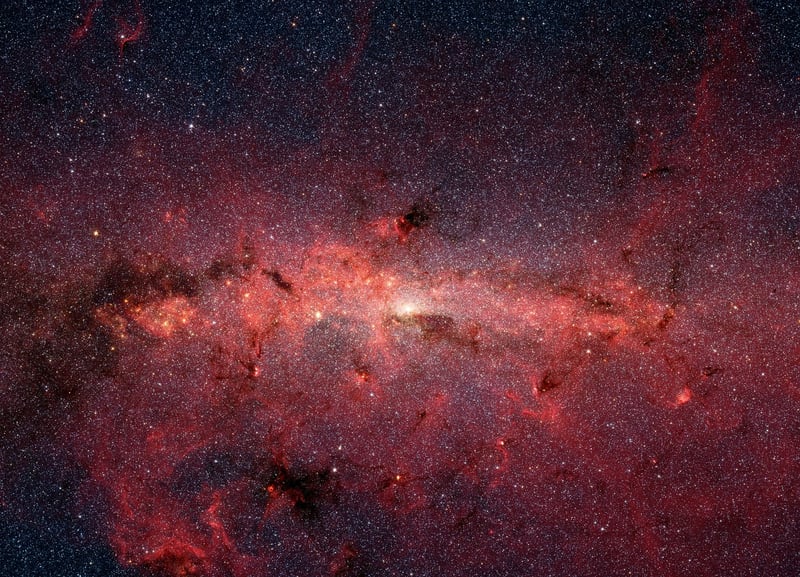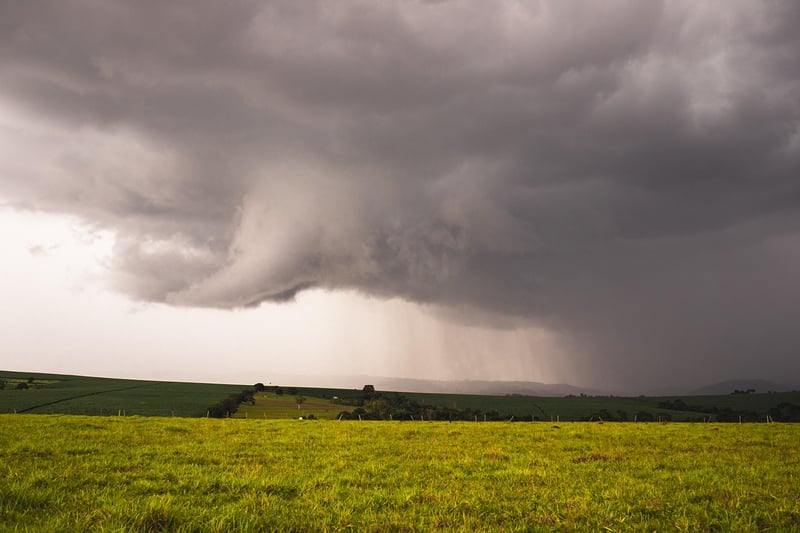Temporal Loops
Navigating Through Different Dimensions and Temporal Loops
Exploring the concepts of different dimensions and temporal loops can be a mind-bending journey into the unknown. From theoretical physics to science fiction, these ideas have captured the imagination of many and led to fascinating discussions about the nature of reality.
Different Dimensions
In physics, dimensions refer to the parameters required to describe the position and relevant characteristics of an object. While we are familiar with the three spatial dimensions (length, width, height), theories like string theory propose the existence of additional spatial dimensions beyond our perception.
Imagining higher dimensions can be challenging, but analogies like the flatland concept (a two-dimensional world) can help us grasp the idea of higher spatial dimensions. Some theories suggest that these extra dimensions may be compactified, curled up at a microscopic scale, influencing fundamental forces and particles.
Temporal Loops
Temporal loops, also known as time loops, are a common trope in science fiction where a sequence of events repeats itself. This concept raises intriguing questions about causality, free will, and the nature of time itself. Movies like "Groundhog Day" and "Looper" have popularized the idea of characters trapped in a loop, reliving the same events repeatedly.
From a theoretical standpoint, temporal loops challenge our understanding of time as a linear progression. Could time be non-linear, allowing for loops and paradoxes to occur? Physicists explore these ideas through thought experiments like the grandfather paradox, where a time traveler could potentially alter the past to prevent their own existence.
Conclusion
Whether contemplating different dimensions or temporal loops, these concepts push the boundaries of our understanding and ignite curiosity about the nature of reality. While the science behind these ideas may be complex, exploring them through fiction, thought experiments, and theoretical frameworks can expand our perspectives and inspire further exploration into the unknown.


